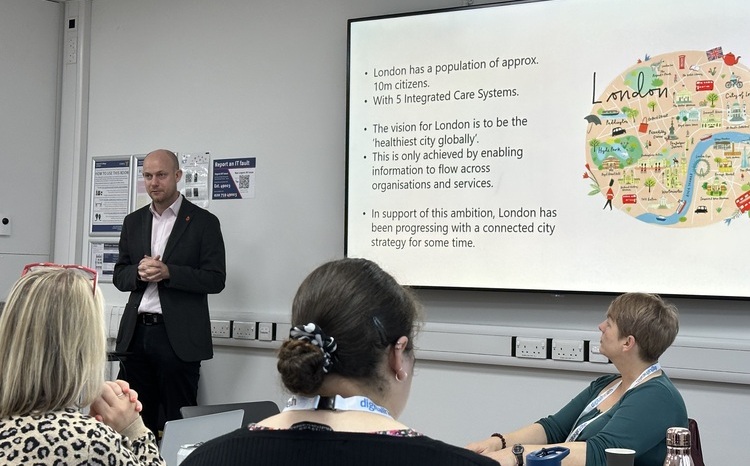Patients give feedback on health info sites
- 2 August 2006
Patients suffering from long-term conditions and their carers feel they benefit from regularly updated, information-rich support websites but think there is room for improvement in many instances, according to a detailed study carried out by University College London.
People with chronic illnesses such as diabetes or hepatitis C, carers of those with Alzheimer’s and parents of children with asthma were asked for their experiences and opinions of a variety of website relevant to them, created by the NHS, charities, or commercial entities.
"Participants welcomed the potential of internet interventions but felt that many were not achieving their full potential," explained Cicely Kerr of the E-Health unit, Department of Primary Care and Population Sciences at UCL, and author of the study published in the Journal of Medical Internet Research.
The study concentrated on ‘interactive health communication applications’, namely a new generation of websites that offer feedback and decision support. "This combination of high-quality health information with interactive components is likely to benefit people with long-term conditions who can be conceptualised as being on an ‘illness journey’," says the study.
"As they progress through their journey, they experience changing needs, often becoming highly knowledgeable about their health problems and developing substantial expertise in self-management."
Members of focus groups interviewed as part of the study said that they appreciated their "totally unbounded potential, the potential to step in and alleviate lots of conditions".
Interactivity appealed to a number of users, and many patients said they appreciated tailored advice and "ask the expert" columns, although some were worried they would enter incorrect information and receive unsafe advice.
Peer support was rated by some users too. One user said: "Where do I go to get help at three o’clock in the morning? There isn’t anywhere, whereas if there’s a website where you can go in and talk to somebody else that’s going through the same, it might be helpful." Others, however, said that they didn’t feel the need for it.
All users were responsive to regularly updated sites that dated the new content and made it easily available, and were concerned about trustworthiness. Commercial sponsors and advertising made users suspicious, and users wanted "instant recognition of the institution behind a site".
The study concluded that sites should be aware of these patient opinions from users, and particularly with regards to interactivity, should offer a choice of whether to participate.




